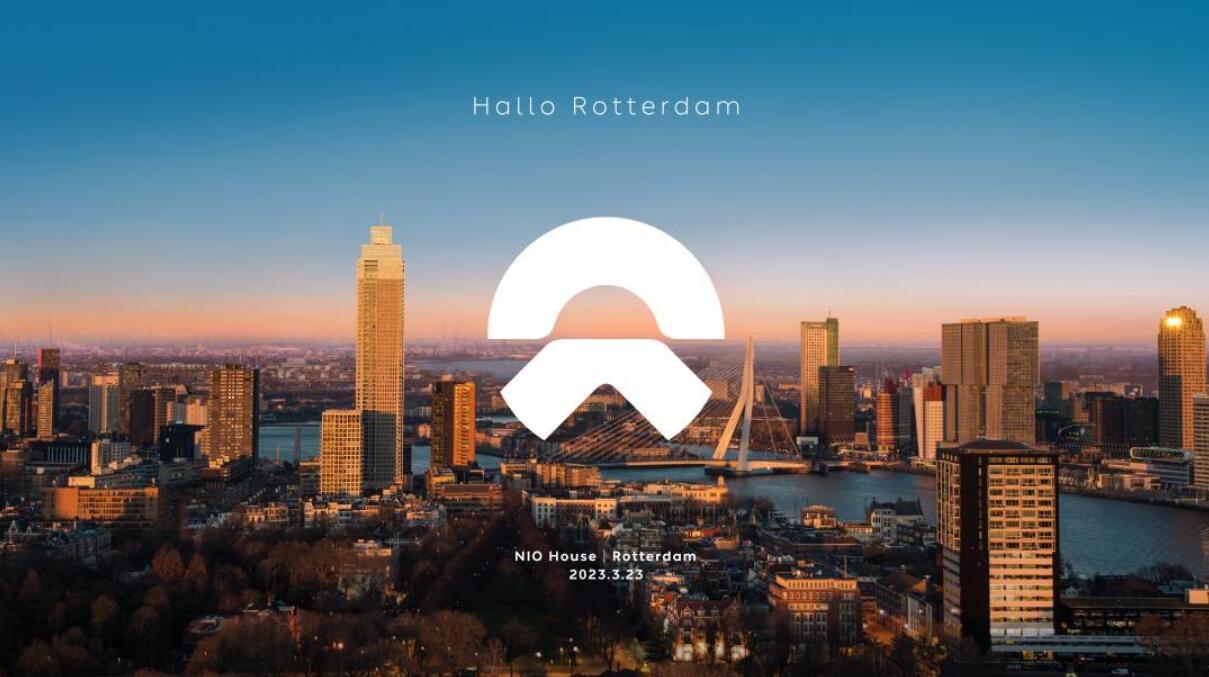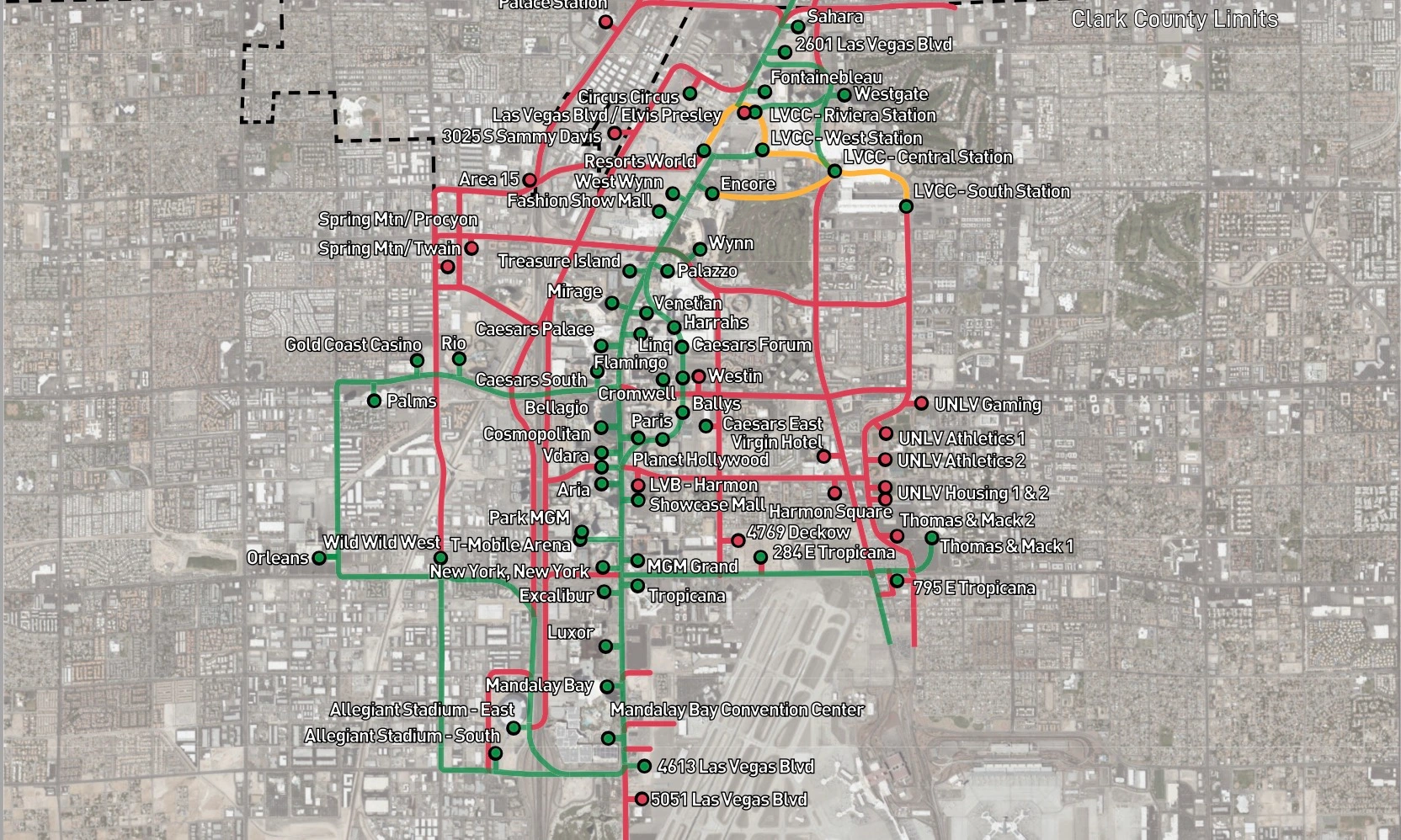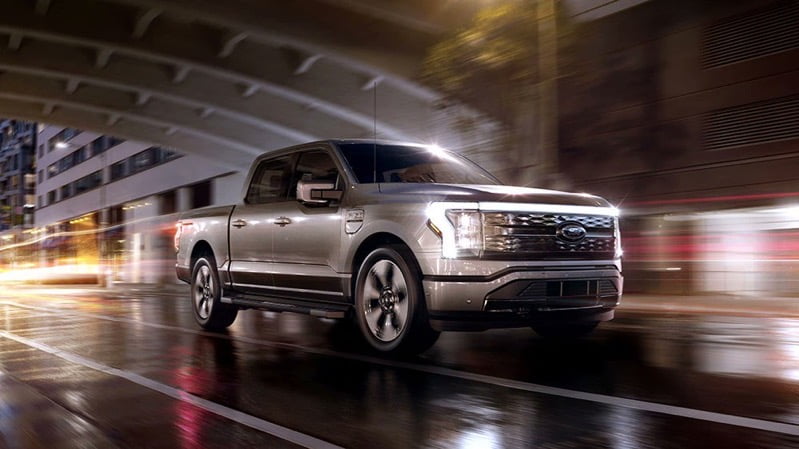
Turo Becomes First Carsharing Company in the World to Offset 100% Carbon Emissions
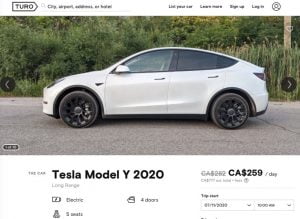
The Turo ride-sharing service has announced it would be moving to offset 100% of its carbon emissions through a partnership with carbon offset developer, Bluesource. The goal is part of a larger plan to develop a completely carbon-neutral business model, following growth in the company’s electric vehicle (EV) fleet.
Since 2016, Turo’s EV supply has grown immensely from having just 2.11% of its listings be EVs, to today having 6.78% of its listings as EVs.
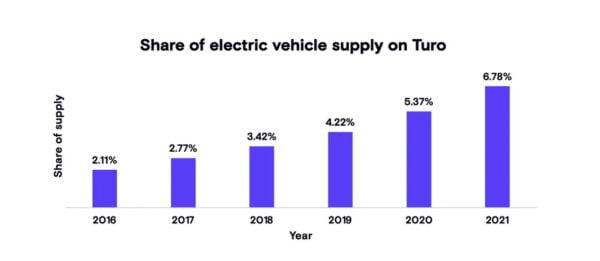
Carbon offset programs work through investments into emission reduction programs, three of which Turo has hand-selected to support its emission goals.
Turo will be working through the JB Hunt transportation efficiency project to reduce the number of semi-trucks on the highway through logistical solutions, effectively cutting emissions.
Another carbon offset program heralded by Turo is the Kootznoowoo forestry project on the Prince of Wales Island in Alaska. This project entails maintaining the 20,159-acre space alongside the native Haida and Tlingit people, as well as the U.S. Forest Service, through both preservation and education projects for the local community.
Lastly, Turo will be participating in the Darkwoods agriculture forestry project in Creston, British Columbia, maintaining CO2 levels over 135,400 acres of diverse forest lands in the region to cut emissions from nearby logging projects. The company says this will make it the first carsharing marketplace in Canada to offset all carbon emissions.
Last year, Turo announced it expected half of all new car listings in Canada to by zero emission by 2025. While the company has a bit to go given its current 6.78% of listings being EVs, 2021 is also the most significant year yet for zero-emission technology, with much more expected in the years to come.
